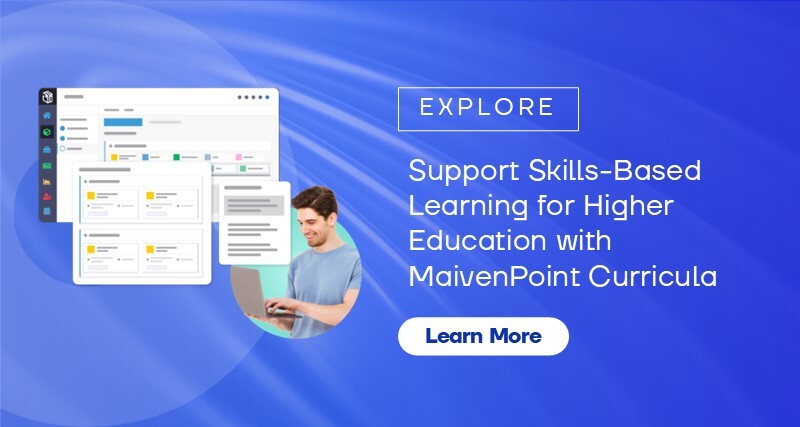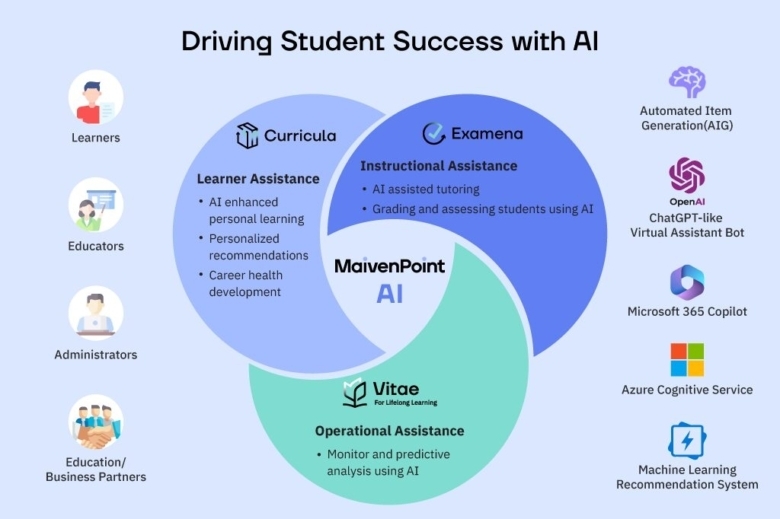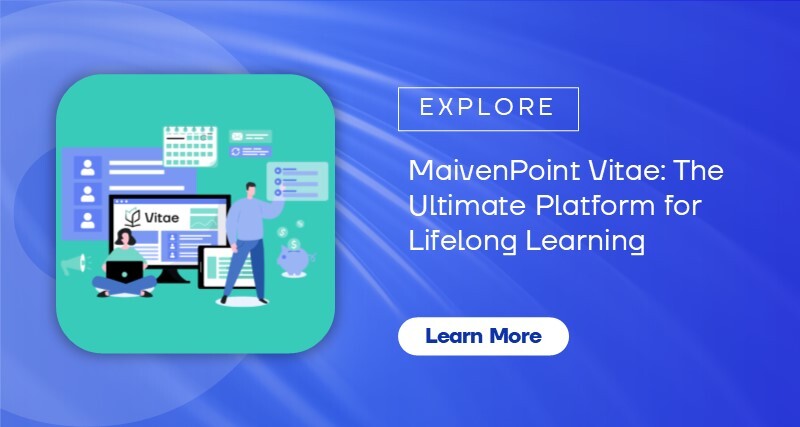As AI continues to revolutionise industries and reshape the job market, it is crucial for students to develop the skills and knowledge necessary to succeed in this rapidly evolving environment. Educators are also challenged to prepare students for a world where AI is increasingly integral to both personal and professional life.
In this blog, we will explore a set of essential skills that will help students appreciate the possibilities and limitations of AI and how they should leverage technology critically and ethically to thrive in an AI-driven world:
1. Emphasising Computational Thinking
Computational thinking fosters a mindset that is crucial for navigating the AI-driven corporate world: It equips students with the ability to break down complex problems into manageable parts, design algorithms, and understand the principles of automation.
The integration of AI in the workplace is transforming job roles and creating new opportunities that require a blend of domain expertise and technical proficiency. Graduates who possess computational thinking skills are better prepared to adapt to these changes, as they can bridge the gap between traditional business functions and emerging AI technologies.
2. Cultivating Problem-Solving and Critical Thinking Skills
Problem-solving and critical thinking are critical to successfully harness AI technology. These skills enable students to use knowledge, facts, and data to effectively solve problems. Teachers should create opportunities for students to engage in activities that require them to think on their feet, assess problems, and find innovative solutions. By doing so, students will become adept at critically questioning AI-generated recommendations, tackling complex issues and making informed decisions.
3. Fostering Data Literacy
In the age of AI, data drives insights-driven efficacy. Students must be proficient in finding, analysing, interpreting, and visualising data. Teachers can introduce data literacy by incorporating data-related projects and assignments into the curriculum. Understanding data is crucial for making informed decisions and leveraging AI technologies effectively. By teaching students how to work with data, educators can empower them to harness the full potential of AI.
4. Integrating Coding and Programming Lessons
While not every student will become a programmer, basic coding literacy opens doors to understanding how AI systems function at their core. Introduction to languages like Python or JavaScript provides students with crucial insights into how AI systems are built and maintained. Teachers can incorporate coding lessons into their curriculum, providing students with hands-on experience in writing and debugging code. This knowledge creates a foundation for understanding automated solutions and enhances logical thinking capabilities that extend far beyond the realm of programming.
5. Instilling Ethical Considerations in AI
As AI becomes more prevalent, it is essential for students to understand the ethical implications of AI technologies. Students need to learn about accountability and responsible digital behaviour and the fundamentals of cybersecurity, including privacy and transparency, to help them become responsible users and creators of AI and easily navigate an AI-driven digital landscape. The appreciation of potential biases in machine-generated information and how data is trained in the context of the Large Learning Models driving these outputs are key aspects of consideration in the ethical use of data.
6. Encouraging Creativity and Innovation
While AI can automate repetitive tasks, it cannot replicate human creativity and innovation. Educators should encourage students to think beyond conventional boundaries and develop unique solutions to problems, understanding how to use AI as a tool to enhance their creative capabilities rather than viewing it as a replacement for human innovation. This includes learning to innovate within technological constraints while maintaining their unique creative perspective.
7. Building Collaboration and Teamwork Skills
The future of AI development depends heavily on collaboration across disciplines and backgrounds. The ability to collaborate in diverse groups becomes particularly crucial as AI projects increasingly require input from various fields of expertise. Students need to master the art of working in teams, developing strong communication skills that will serve them in any future career. This includes learning to manage projects effectively and think across traditional disciplinary boundaries.
Educators can engage students in group projects and collaborative activities to prepare them for real-world AI development scenarios. An effective training management system like MaivenPoint Vitae can assist with bringing together educators and students on the same platform to collaborate and coordinate on their tasks in real time.
8. Fostering Adaptability and Continuous Learning
The rapid advancements in AI technology mean that students will need to continuously learn and adapt. Teachers should foster a growth mindset, encourage independent learning, and instil a passion for lifelong learning. By promoting adaptability, educators can help students stay current with the latest technology or practice developments, by enrolling in continuous education courses in their domains of interest. This learning cycle not only helps graduating students keep up with real-world tech applications but to consistently remain competitive in the job market.

9. Teaching Digital Citizenship and Cybersecurity
In the digital age, students must understand online safety, responsible digital behaviour, and how to protect their personal information. While some school-based internet domains have guardrails in place to sieve out sensitive content, e.g. Azure AI Content Safety, teachers should educate students about cybersecurity and info-security risks, and how data is retrieved across data sources, so students are aware of the risks in managing sensitive or personal data when utilising AI. By teaching digital citizenship, educators can ensure that students are well-prepared to navigate the digital world safely and responsibly.
10. Developing Emotional Intelligence
While AI technology offers many benefits, it lacks emotional intelligence. Students must develop strong interpersonal skills and emotional awareness to effectively navigate the complex landscape of human-AI interactions. This includes understanding how to maintain meaningful human connections in a technology-driven world and recognising the unique value of human emotional intelligence. Teaching empathy, compassion, and emotional skills will help students navigate complex human-AI interactions. They should also be aware when to draw the line when it comes to decision-making, and to let human judgement take the wheel, and limiting AI to support with insights and options.
11. Acquiring Domain-Specific Knowledge
Depending on their interests, students can focus on specific domains where AI is widely used, such as healthcare, finance, transportation, or agriculture. Understanding how AI impacts specific industries provides valuable context for learning. Teachers should provide opportunities for students to explore these areas and acquire domain-specific knowledge. By doing so, students will enhance their AI-related skills and prepare for careers in their chosen fields.

MaivenPoint Vitae: Empowering Students for an AI-Driven Future
By focusing on these skills, teachers can equip students with the necessary tools to thrive in a world shaped by AI technology. It is educators’ responsibility to prepare the next generation for the challenges and opportunities that lie ahead.
MaivenPoint Vitae, a holistic SaaS-based training management system, helps training providers or institutions of all sizes to transform one-off learning experiences into comprehensive skills development journeys to suit your students' learning aspirations.
Teachers can also leverage generative AI to effectively personalise course pathways, enhance productivity in learning administration, and maximise student success. Our SaaS learning and administration platform can democratise a whole range of academic services, fully online and readily accessible by all staff members anytime, anywhere.




